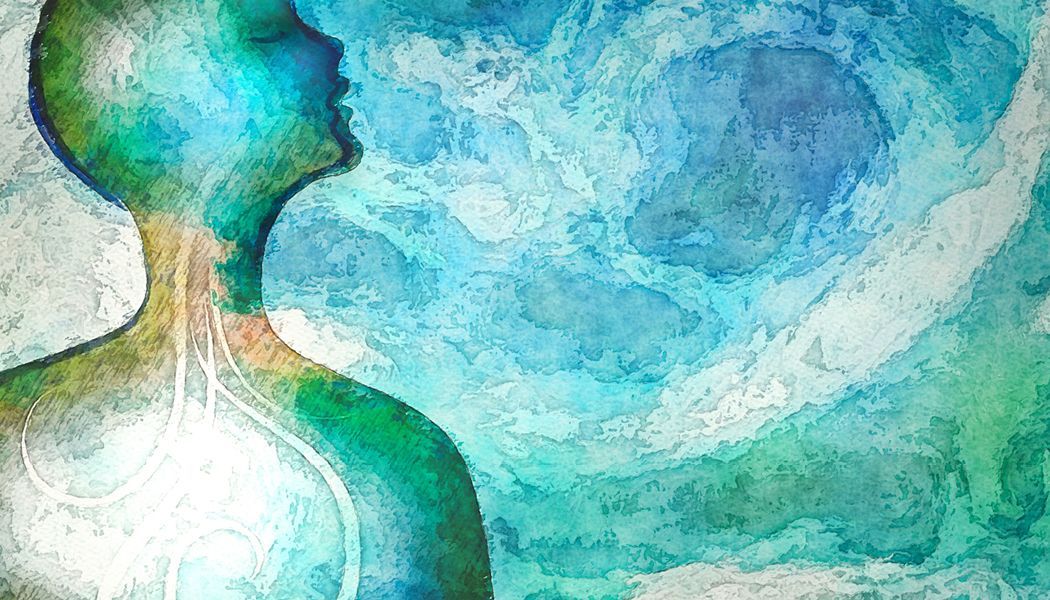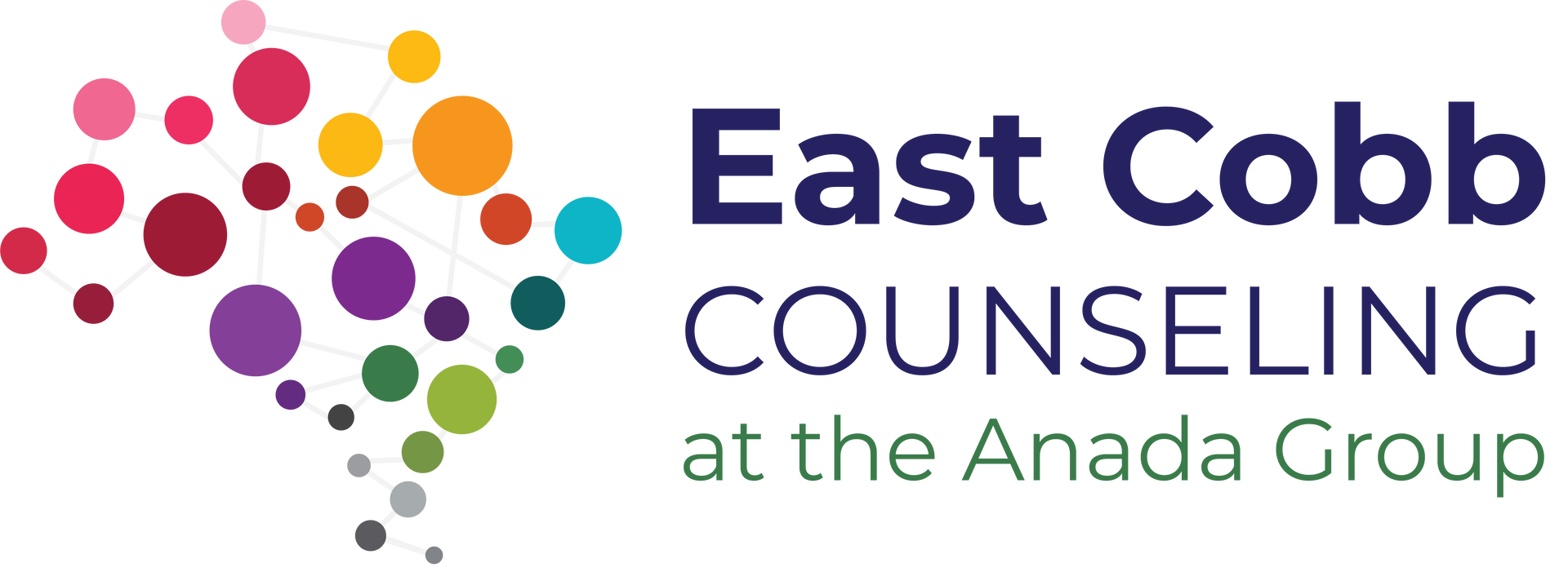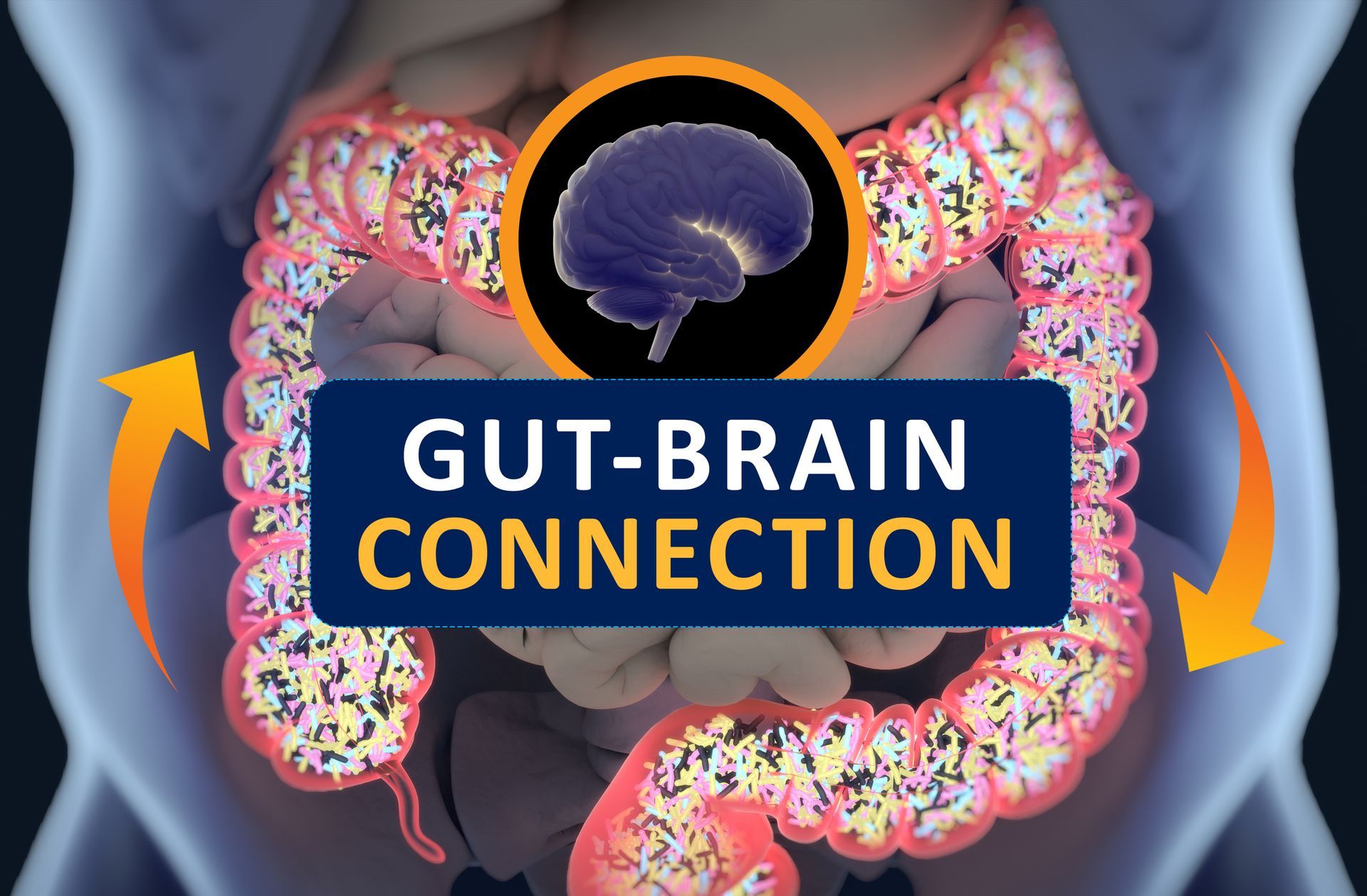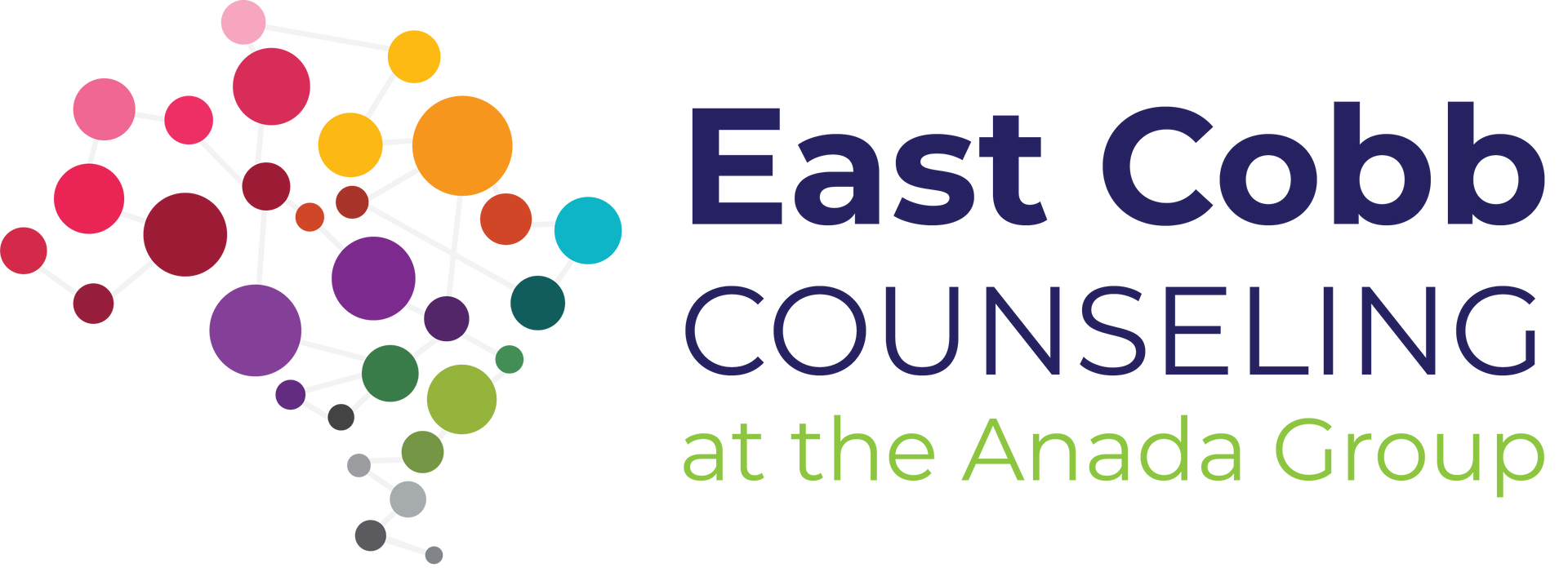Family Support for PTSD
Post by Dr. Stephen Wise, December 18, 2024: Post Traumatic Stress Disorder (PTSD) is a psychological disorder that occurs in response to experiencing or witnessing a traumatic event, such as a severe accident, natural disaster, combat, sexual assault, or other life-threatening situations. It can cause intense, disturbing thoughts and feelings related to the trauma that persist long after the event has ended.
Supporting a family member with PTSD requires a sensitive, compassionate, and informed approach. Below I have listed strategies that are tailored to family dynamics.
Understand Common Symptoms of PTSD
- Intrusive Memories: People with PTSD often experience unwanted, distressing memories of traumatic events. This can include flashbacks where they feel like they are reliving the event and nightmares that disrupt sleep. The intrusive memories also create intrusive thoughts – which are uninvited reminders of the trauma. These intrusive thoughts tend to increase during vulnerable states of exhaustion, depression, or other stressful events.
- Avoidance:
Individuals may go to great lengths to avoid places, people, or activities that remind them of the trauma. They might also avoid talking or thinking about what happened. This will often lead to "hyper-vigilance" when in public places.
- Negative Changes in Thoughts and Mood:
PTSD can lead to feelings of hopelessness, emotional numbness, and detachment from loved ones. It can also cause memory problems, particularly related to the traumatic event, and lead to negative beliefs about oneself or the world.
- Hyperarousal: This refers to being in a constant state of heightened alertness. Symptoms include being easily startled, tense or "on edge," having difficulty sleeping, and experiencing angry outbursts. This too, can cause “hyper-vigilance”.
Understanding How PTSD Feels
- Overwhelming Fear or Anxiety:
Those with PTSD often live in a state of fear, even when there is no danger present. The trauma feels as if it is happening again, and the world may seem unpredictable and unsafe.
- Isolation and Loneliness:
Due to the avoidance of triggers and emotional numbness, individuals with PTSD might feel disconnected from others and struggle with relationships.
- Shame and Guilt:
Many people with PTSD feel guilty for what happened or ashamed of their reactions, even if they had no control over the traumatic event. There is a tendency to "internalize" traumatic experiences and begin to feel responsible for them in some way.
Understand Treatment and Recovery
- Treatable Condition: PTSD is a severe mental health condition, but it is treatable. Effective treatments include therapy (such as cognitive-behavioral therapy or EMDR), medication, and support from loved ones.
- Recovery is Possible: With appropriate treatment and support, individuals with PTSD can manage their symptoms, regain control over their lives, and work toward healing.
Guidelines for Supporting a Family Member with PTSD
- Listen and Validate: Allow your loved one to talk openly about their trauma but at their own pace. Acknowledge their feelings without judgment (remember if they have internalized their feelings about the event, they may already feel guilty). Encourage them to Seek Professional Help. Offer to help them find a trauma therapist and support their treatment plan.
- Create a Safe Environment: If their home feels like a safe haven, this will minimize their triggers and reduce stress and flashbacks. Understand that healing from PTSD is a gradual process – there will be good days, and bad days.
- Help them adopt healthy coping skills: Encourage self-care and activities that promote relaxation and well-being (exercise, hobbies, or mindfulness). Understand and Respect Their Boundaries. Expect that they may need time alone to process their thoughts and emotions. Respect their need for personal space without taking it personally.
- Practice Self-Care: It is important to take care of your mental health. Consider joining a support group or seek counseling for yourself. Be Consistent. Trust is a crucial component of PTSD recovery. Provide consistent (rather than erratic) support to your family members.
- Emergency Preparedness: If your loved one faces severe symptoms such as suicidal thoughts, it is essential to have a plan in place – know emergency numbers to call, and other resources that may be part of a suicidal "safety plan” (if your loved one is in therapy, a safety plan will have been developed by their therapist).
- Finally, Celebrate Their Progress: Recognize and celebrate the small victories in their journey to recovery. This kind of positive reinforcement can be encouraging and build motivation.
Conclusion
Family support is a crucial part of the recovery process for someone with PTSD and may require a long-term commitment. By creating and fostering an environment of understanding, patience, and consistent support, you can help your loved one navigate the healing process.




